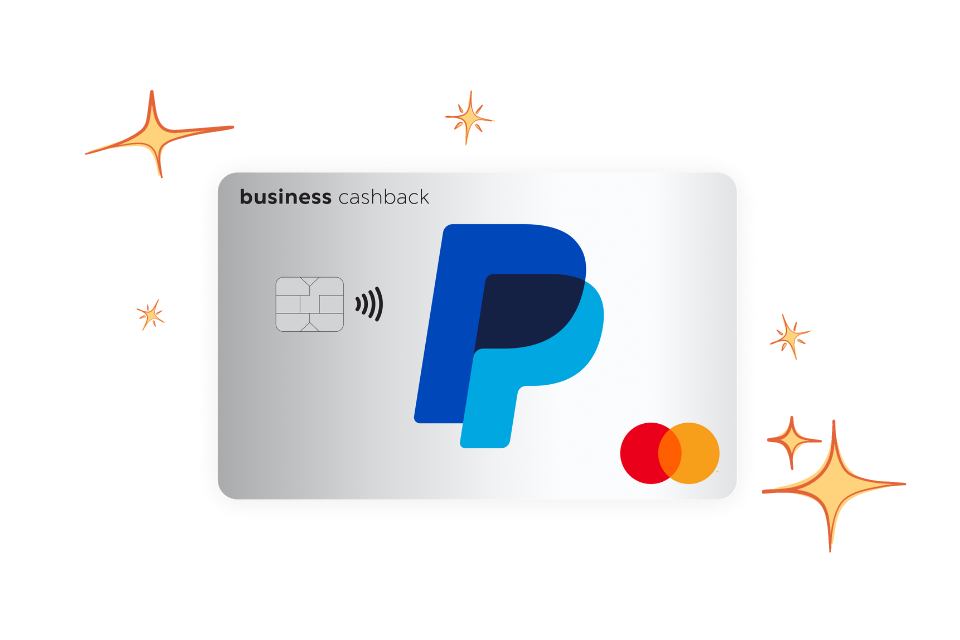The PayPal Business Cashback Mastercard was a financial product aimed at assisting business owners in managing their cash flow effectively, a critical aspect of maintaining successful operations regardless of the company’s age. Although the card is now discontinued and not open for new applications, it was worth considering for those actively engaged in business transactions, particularly those utilizing PayPal. This credit card offered features such as straightforward cash-back rewards, a lack of annual fee, and ease of use, which could benefit businesses aiming to streamline their spending. Its rewards program, while simple, incentivized frequent PayPal purchases and enabled business owners to utilize their spending more effectively.
The credit card came with an APR ranging from 18.49% to 29.99%, tailored to the cardholder’s creditworthiness, which posed a potentially high-cost burden for businesses. The absence of an annual fee was a significant advantage, allowing business owners to retain more cash in their accounts. However, the card lacked certain incentives typically found in other offerings, including no welcome bonuses, no 0% introductory APR on purchases, and no balance transfer options. These features may deter businesses looking for broader benefits that some competitors provide.
The rewards structure of the PayPal Business Cashback Mastercard was uncomplicated yet appealing, allowing cardholders to accumulate unlimited cashback at an enticing rate of 3% for PayPal purchases and 2% for all other business-related expenses. This simplicity meant businesses did not have to worry about adhering to rotating or planned spending categories. Additionally, PayPal permitted users to redeem rewards either as a statement credit or through deposits into their linked PayPal accounts, requiring a minimum of $1 in rewards for redemption. The card provided immediate access to a virtual card for business use upon approval, facilitating quicker financial transactions.
Though beneficial for frequent PayPal users, the card imposed some prerequisites for applicants. Businesses needed to have been operational for at least a year, must possess a PayPal Business Account, and generate over $5,000 in annual revenue to qualify. Such restrictions could be a predicament for new business owners or those reliant on alternative payment services. Furthermore, residents in North and South Dakota would not have been eligible for this credit card, narrowing the potential user base.
The PayPal Business Cashback Mastercard could be utilized anywhere that accepts Mastercard, including international transactions, and it exempted cardholders from foreign transaction fees, expanding its usability. However, businesses looking for more comprehensive benefits might find better alternatives in the marketplace. Other credit cards presented appealing features, including generous welcome bonuses, flexible rewards systems, and introductory APR offers. These alternate cards not only compensated for taxes but also attracted savvy business owners willing to explore varied incentives.
In conclusion, while the PayPal Business Cashback Mastercard offered unique advantages in terms of straightforward cash-back rewards and associated benefits for PayPal transactions, the card’s discontinuation led potential users to explore other options. Some competitors provide more generous perks, such as welcome offers, flexible rewards structures, and other accompanying benefits that could cater to a wider range of business needs. Ultimately, business owners seeking to optimize their spending would benefit from evaluating their own spending patterns and preferences before selecting a credit card, ensuring their choice aligns with their requirements and offers the potential for greater financial growth.

